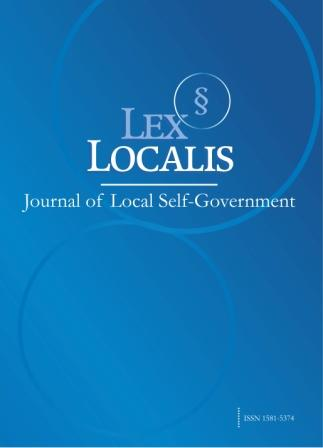THE IMPACT OF LOCAL SELF-GOVERNMENT ON SOCIAL WELFARE, PUBLIC SERVICES DELIVERY, AND COMMUNITY DEVELOPMENT
DOI:
https://doi.org/10.52152/Keywords:
• Local Self-Government • Social Welfare • Public Services Delivery • Community Development • Community Participation • Public Policy • Governance • Social CohesionAbstract
This paper examines the impact of local self-government on social welfare, public services delivery, and community development. As local governments are pivotal in providing essential services and fostering community growth, their role in improving the quality of life for citizens is crucial. The study investigates how local governments design and implement policies that address social welfare issues, such as education, healthcare, housing, and employment. It explores the ways in which local governance contributes to community development by ensuring equitable service delivery, promoting social cohesion, and addressing economic disparities. Through qualitative methods, including interviews with local government officials and community leaders, the research identifies key challenges and strategies in providing efficient public services. The findings underscore the importance of community participation, collaborative governance, and resource allocation in improving the overall well-being of local populations. The paper also highlights the significance of socio-economic policies in bridging gaps between different community groups, thereby fostering inclusive growth and sustainability. Ultimately, the study emphasizes that effective local governance is essential for enhancing social welfare and supporting long-term community development.
Downloads
Published
Issue
Section
License
Copyright (c) 2025 Lex localis - Journal of Local Self-Government

This work is licensed under a Creative Commons Attribution-NonCommercial-NoDerivatives 4.0 International License.








